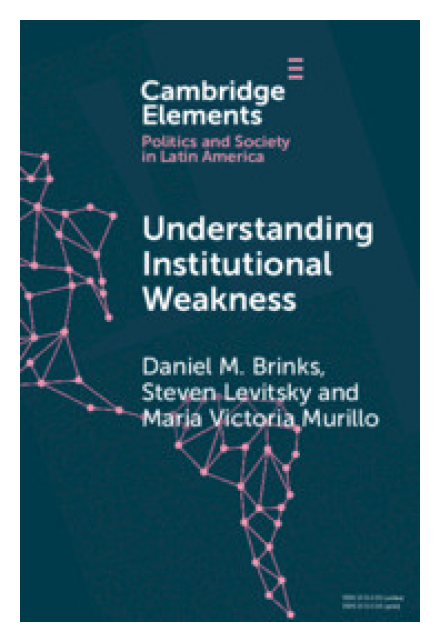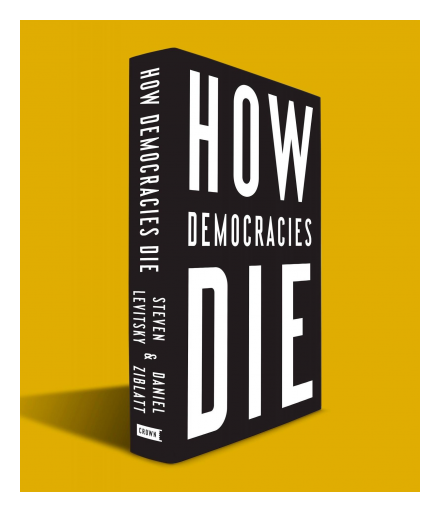Steve Levitsky is David Rockefeller Professor of Latin American Studies and professor of government at Harvard University, and co-author, with Daniel Ziblatt, of the bestselling books, How Democracies Die (Crown, 2018) and Tyranny of the Minority: Why American Democracy Reached the Breaking Point (Crown, 2023).
Levitsky is a former Kellogg visiting fellow and an expert on Latin American politics. His research interests include political parties, authoritarianism and democratization, and weak and informal institutions. He is researching the durability of revolutionary regimes, the relationship between populism and competitive authoritarianism, problems of party-building in contemporary Latin America, and party collapse and its consequences for democracy in Peru.
He also is co-author, with former Kellogg Visiting Fellow Lucan Way, of Competitive Authoritarianism: Hybrid Regimes after the Cold War (2010); author of Transforming Labor-Based Parties in Latin America: Argentine Peronism in Comparative Perspective (2003); and co-editor of The Resurgence of the Left in Latin America (2011), Informal Institutions and Democracy: Lessons from Latin America (2006), and Argentine Democracy: The Politics of Institutional Weakness (2005). He has contributed to a number of Kellogg Working Paper Series and to volumes resulting from Kellogg conferences, including Party Systems in Latin America: Institutionalization, Decay and Collapse, edited by Scott Mainwaring, former director of the Kellogg Institute (Cambridge University Press, 2018).











